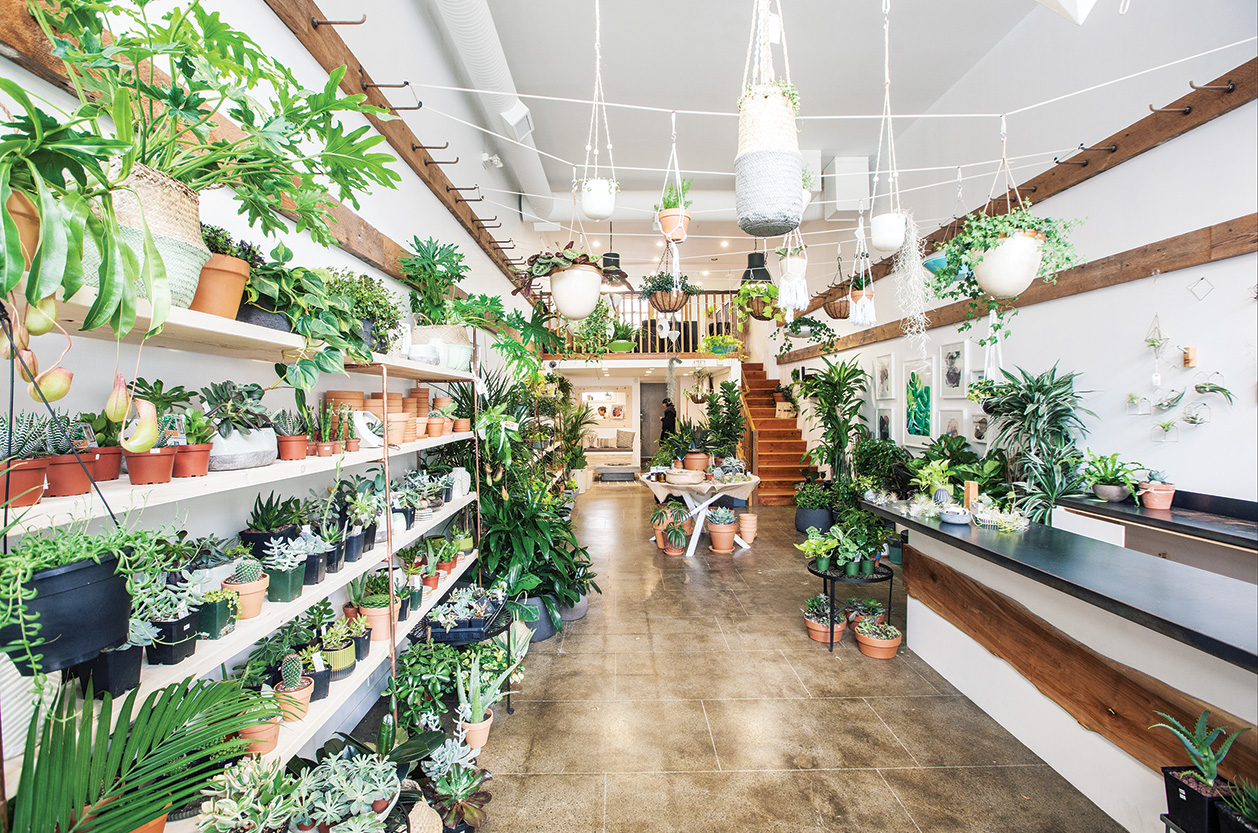
Embracing Sustainability: The Rise of Eco-Friendly Retail Spaces
In an era where environmental consciousness is paramount, the retail industry is undergoing a significant transformation. Eco-friendly retail spaces are emerging as pioneers in sustainable business practices, reshaping the way we shop and interact with brands.
Sustainable Store Design and Architecture
The foundation of eco-friendly retail spaces lies in their design and architecture. These spaces prioritize sustainable materials, energy-efficient lighting, and innovative designs that minimize environmental impact. The use of recycled and upcycled materials not only contributes to a greener planet but also sets a new standard for aesthetic and functional retail environments.
Ethical and Eco-Conscious Product Selection
Beyond physical design, eco-friendly retail spaces are committed to curating product selections that align with ethical and environmental values. Brands within these spaces often emphasize eco-conscious manufacturing processes, sustainable sourcing of materials, and a dedication to reducing their carbon footprint. Consumers are increasingly drawn to these stores, knowing their purchases support responsible and environmentally-friendly practices.
Green Technology Integration
Eco-friendly retail spaces leverage cutting-edge green technologies to enhance operational efficiency. From energy-efficient HVAC systems to smart lighting that adjusts based on natural sunlight, these innovations contribute to reduced energy consumption. Implementing these technologies not only lowers operating costs for retailers but also demonstrates a commitment to sustainable practices.
Waste Reduction and Recycling Initiatives
A key aspect of eco-friendly retail spaces is their commitment to waste reduction and recycling. These spaces implement comprehensive recycling programs and often encourage customers to participate. From biodegradable packaging to in-store recycling bins, every aspect of the shopping experience is carefully designed to minimize waste and promote a circular economy.
Engaging and Educating Consumers
Educating consumers about sustainable practices is a crucial element of eco-friendly retail spaces. Interactive displays, informative signage, and in-store events help raise awareness about environmental issues and inspire shoppers to make eco-conscious choices. By fostering a sense of responsibility, these spaces empower consumers to make informed decisions that contribute to a more sustainable future.
Community Collaboration for a Greener Future
Eco-friendly retail spaces often engage with local communities to promote sustainability beyond the confines of their stores. Collaborative initiatives, such as tree-planting events, environmental workshops, and partnerships with local eco-friendly organizations, create a sense of shared responsibility. This community-centric approach not only strengthens the brand’s connection with its customer base but also contributes to broader environmental awareness.
The Economic Benefits of Sustainability
Contrary to the misconception that sustainability comes at a high cost, eco-friendly retail spaces demonstrate the economic viability of green practices. Through energy savings, reduced waste management expenses, and increased customer loyalty, these spaces showcase the long-term financial benefits of prioritizing sustainability.
Adapting to Changing Consumer Preferences
Consumer preferences are evolving, with an increasing number of individuals prioritizing sustainability in their purchasing decisions. Eco-friendly retail spaces are at the forefront of this shift, aligning their strategies with changing consumer values. By embracing sustainability, retailers not only meet customer expectations but also differentiate themselves in a competitive market.
The Role of Eco-Friendly Retail Spaces in Shaping Industry Standards
As eco-friendly retail spaces continue to gain prominence, their influence extends beyond individual stores. These spaces are shaping industry standards, inspiring other retailers to adopt sustainable practices. The collective impact of a more environmentally conscious retail sector is a step towards a greener and more sustainable global economy.
In conclusion, the rise of eco-friendly retail spaces marks a positive shift in the retail landscape. From sustainable designs and product selections to community engagement and technological innovations, these spaces exemplify a holistic approach to environmental responsibility. As consumers increasingly demand sustainability, eco-friendly retail spaces play a vital role in driving positive change. To explore more about Eco-Friendly Retail Spaces, visit NinthWorldHub.com.
